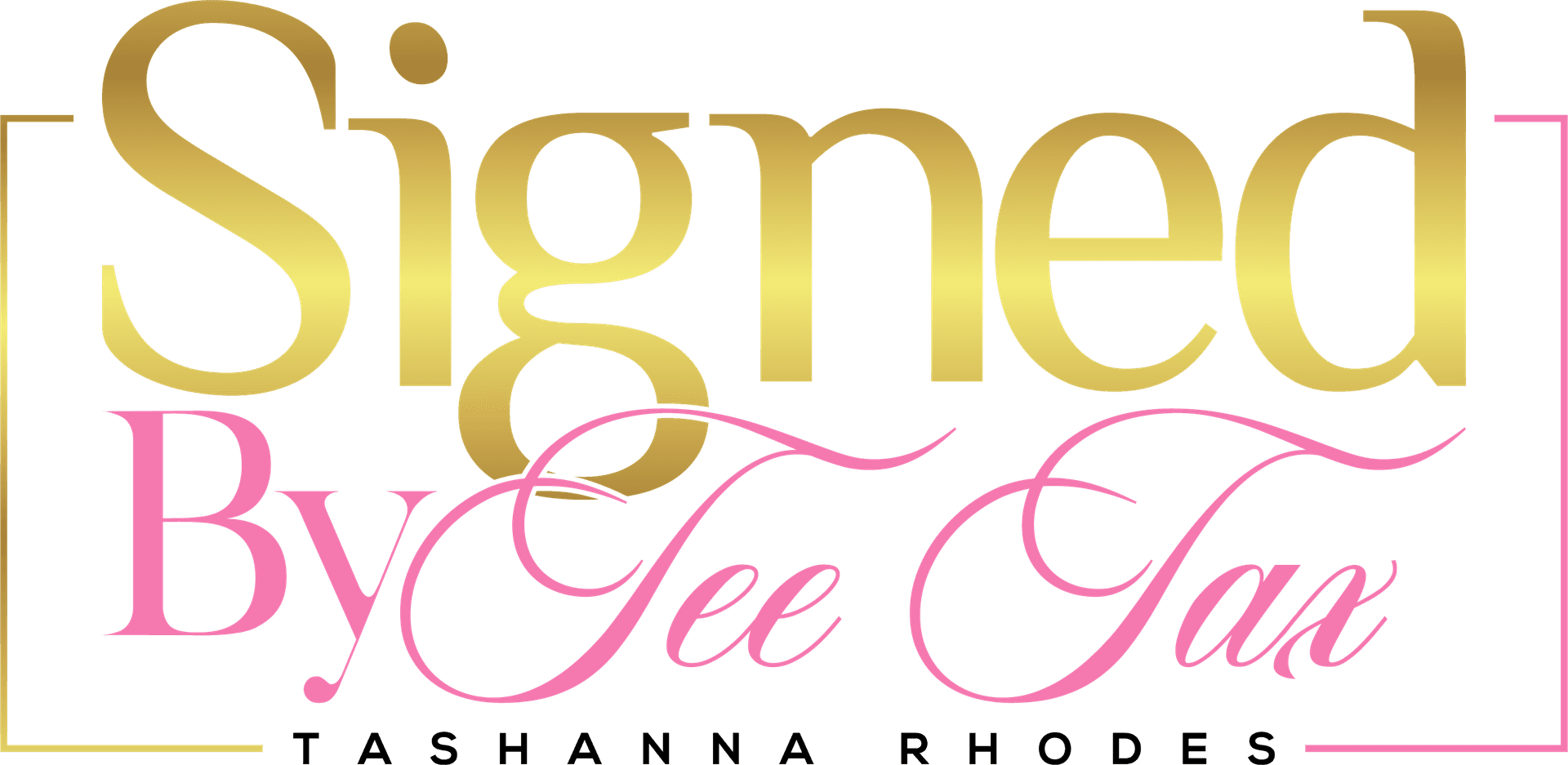How to Maximize Your Tax Refund with Expert Tips
Understanding Your Tax Situation
Maximizing your tax refund begins with a solid understanding of your current tax situation. Take the time to review your previous year's tax return. This will help identify areas where you can potentially increase your refund. Pay attention to any changes in your life that might affect your tax status, such as a new job, marriage, or having children.
It's essential to stay informed about the latest tax laws and regulations. Tax codes change frequently, and being aware of new deductions or credits could significantly increase your refund. Subscribing to a reputable tax newsletter or consulting with a tax professional can provide valuable insights.

Organize Your Financial Records
Keeping your financial records organized is crucial for maximizing your tax refund. Start by gathering all necessary documents, such as W-2s, 1099s, mortgage interest statements, and receipts for deductible expenses. Having everything in one place will make the filing process smoother and help ensure you don't miss out on any deductions.
Consider using digital tools to maintain your records. Apps and software designed for tracking expenses can categorize and store financial information efficiently, making it easier to access when preparing your taxes. This approach not only saves time but also minimizes the risk of losing important documents.

Claim All Possible Deductions
Deductions play a vital role in reducing your taxable income and increasing your refund. Common deductions include mortgage interest, student loan interest, and medical expenses. Additionally, charitable contributions can be deducted if you itemize your taxes.
Don't overlook lesser-known deductions that might apply to you. For instance, if you work from home, you may qualify for a home office deduction. Similarly, job hunting expenses and educational costs can sometimes be deducted. Always verify with a tax professional to ensure you're eligible for specific deductions.

Take Advantage of Tax Credits
Tax credits are even more beneficial than deductions because they directly reduce the amount of tax you owe. Explore available credits such as the Earned Income Tax Credit (EITC), Child Tax Credit, and education credits like the American Opportunity Credit or Lifetime Learning Credit.
Each credit has specific eligibility requirements, so it's important to understand which ones you qualify for. Applying for these credits can significantly boost your refund, so take the time to research and apply for all applicable credits.
Contribute to Retirement Accounts
Contributing to retirement accounts such as a 401(k) or IRA can have dual benefits. Not only does it prepare you for the future, but it also provides tax advantages now. Contributions to traditional IRAs may be deductible, reducing your taxable income.
Additionally, some retirement contributions may make you eligible for the Saver's Credit if you meet certain income criteria. This credit is another way to enhance your refund while simultaneously building a nest egg for retirement.

Double-Check Your Return
Before submitting your tax return, carefully review it for any errors or omissions. Mistakes can lead to delays in processing and potentially reduce your refund. Use tax software with built-in error-checking features or consult with a tax professional to ensure accuracy.
Filing electronically is often faster and more secure than paper filing. E-filing also provides confirmation once your return has been received by the IRS, giving you peace of mind knowing your submission is complete.
Consult with a Tax Professional
If you find the tax filing process overwhelming or complex, consider consulting with a tax professional. They can provide personalized advice tailored to your financial situation and help navigate any complicated tax scenarios.
While there may be a cost involved in hiring a professional, their expertise could lead to a higher refund by identifying deductions and credits you might have missed on your own.

